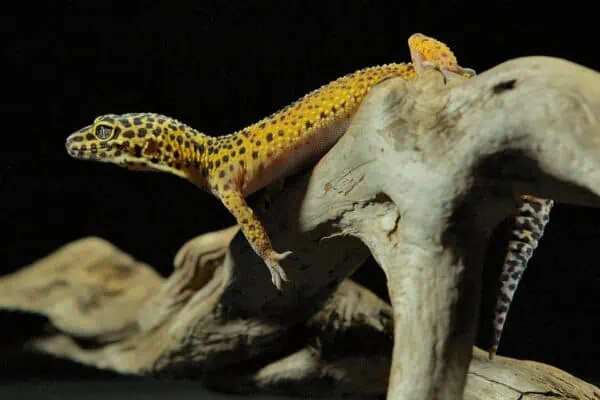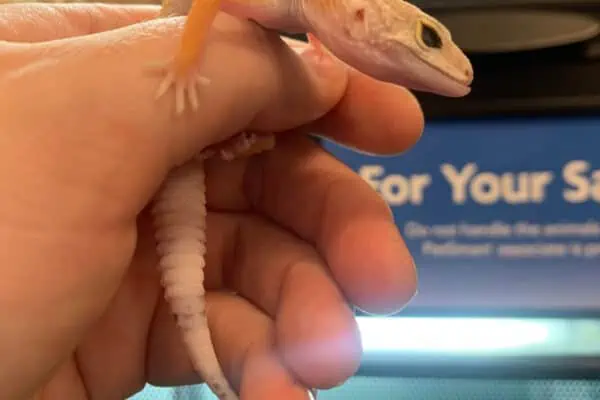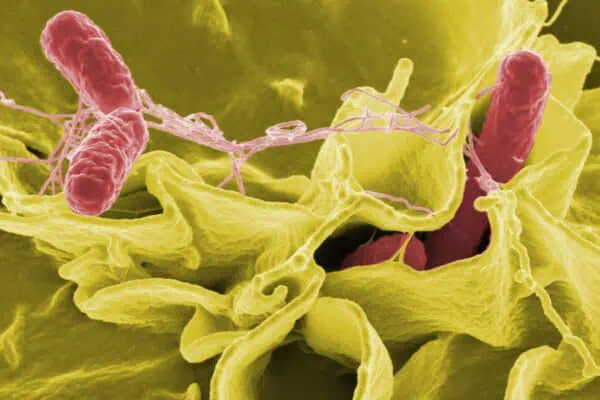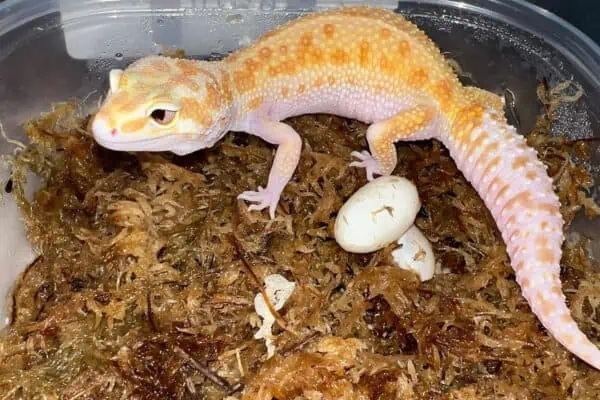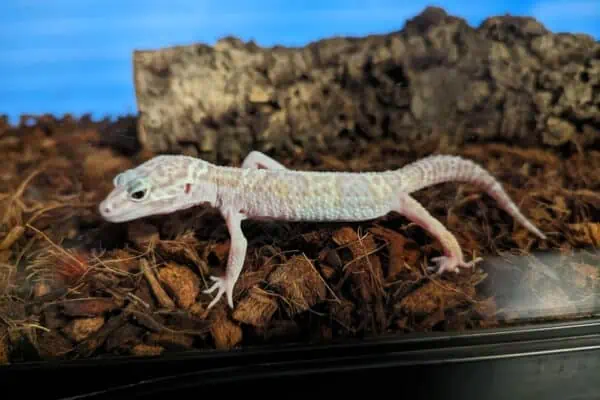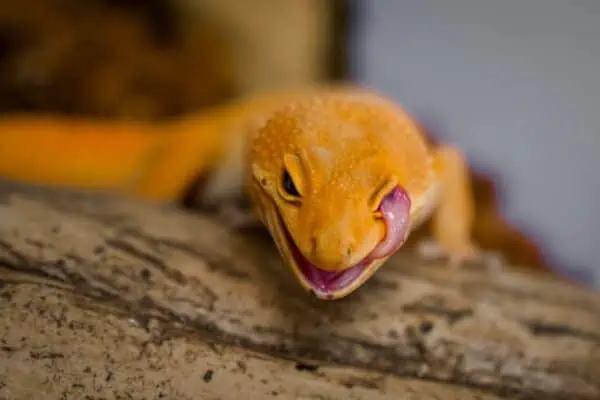
Leopard Gecko Eye Problems: What They Are & What To Do
Leopard Geckos can have eye problems for a variety of reasons, which range from environmental conditions to genetic factors. These small reptiles, known for their distinct patterns and large eyes, are susceptible to several eye issues. Proper care and attention are essential to ensure their eye health. Recognizing the signs of eye problems and seeking … Read more

